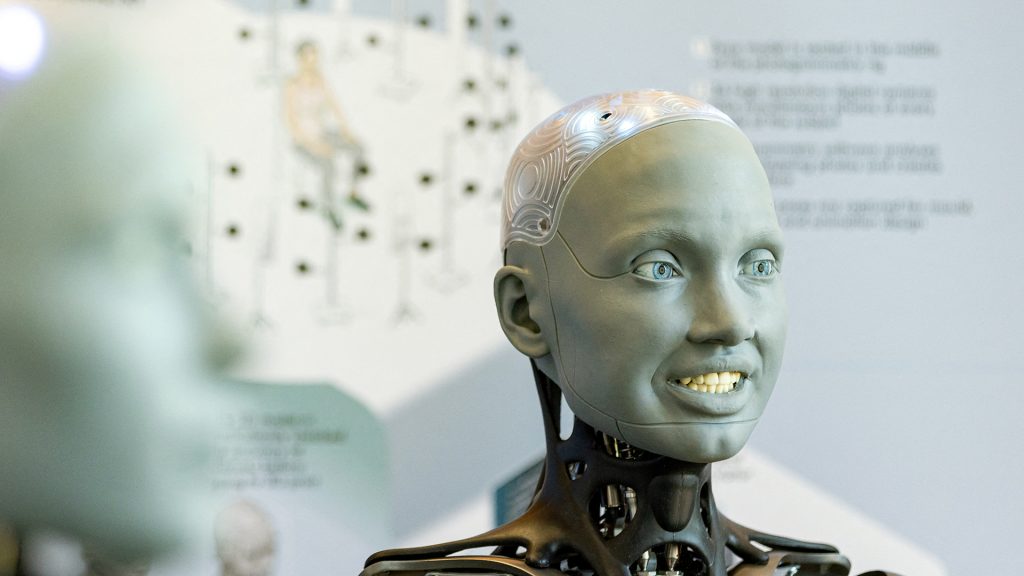AI, or artificial intelligence, is a hot topic among nations and companies worldwide as they consider the costs and benefits associated with this rapidly growing industry. With tech companies estimated to spend nearly one trillion dollars on developing AI in the coming years, supporters of the technology believe it will lead to increased productivity, higher incomes, and a transformation of the global economy. However, there is a growing concern among investors that AI may not deliver the significant profits they are expecting in the near future.
One of the main criticisms of AI is the fear that it will lead to the replacement of human jobs, ultimately deepening inequality in society. As AI continues to advance, there are concerns that certain industries and professions will become obsolete, leaving many workers without employment opportunities. This has sparked calls for regulators to develop policies that can help harness the potential of AI in a way that benefits all of humanity, rather than exacerbating existing social and economic disparities.
Despite the potential drawbacks, many are optimistic about the possibilities that AI can bring to various sectors of the economy. From healthcare to transportation to finance, AI has the potential to streamline processes, increase efficiency, and drive innovation. As companies continue to invest in AI technology, they are looking for ways to integrate it into their operations in order to stay competitive in a rapidly changing market.
In order to fully leverage the benefits of AI, there is a growing recognition that collaboration between governments, businesses, and other stakeholders is essential. By working together, these groups can develop policies and strategies that ensure AI is used responsibly and ethically, while also maximizing its potential to improve the lives of people around the world. This collaborative approach will be crucial in addressing the challenges and opportunities that arise from the widespread adoption of AI in various industries.
As AI technology continues to evolve, it is clear that there is a need for ongoing monitoring and evaluation to ensure that it is being used in a way that benefits society as a whole. This includes addressing issues such as data privacy, algorithm bias, and transparency in decision-making processes. By implementing clear guidelines and regulations, regulators can help mitigate potential risks associated with AI while also promoting innovation and growth in the industry.
In conclusion, the debate surrounding AI is complex and multifaceted, with both opportunities and challenges on the horizon. While there are concerns about the impact of AI on jobs and inequality, there is also optimism about the potential for AI to drive economic growth and innovation. By working together to develop policies and strategies that promote responsible AI use, stakeholders can ensure that AI benefits all of humanity in a way that is sustainable and equitable.















